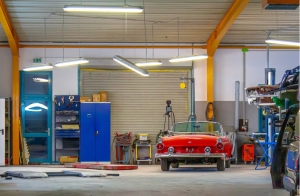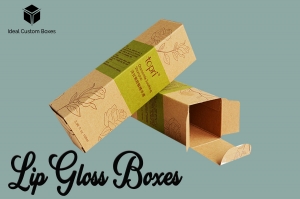"Can eco-friendly plates really perform like plastic?"
"Yes—and the numbers prove it."
This type of exchange is becoming common among café owners, catering managers, and eco-conscious consumers. The core question is simple: can plant-based, compostable alternatives truly replace single-use plastic without compromise? This article offers an authoritative review of BioLeader’s key products, backed by scientific studies, customer trials, and market data.
Why This Matters Now
- Plastic waste continues to grow: Around 350 million tons of plastic are produced each year, with a large share coming from foodservice disposables.
- Consumer awareness is rising: Surveys show over 70% of diners prefer restaurants that use sustainable packaging.
- Regulations are expanding: Many regions are phasing out single-use plastic, putting pressure on businesses to adopt viable alternatives.
A major step forward is the adoption of eco-friendly disposable dinnerware, designed from renewable materials with full compostability.
Scientific Backing: Strength and Sustainability
Durability in Use
Laboratory tests confirm that sugarcane bagasse tableware can withstand temperatures up to 110–120 °C, maintaining structure even with hot soups, curries, and oily dishes. Water absorption rates remain below 5% after two hours of continuous contact.
Environmental Advantage
Lifecycle assessments show a 55–75% reduction in carbon emissions compared to polystyrene or petroleum-based plastics. Importantly, these products break down naturally in composting conditions within 45–60 days.
BioLeader’s compostable tableware demonstrates how performance and environmental responsibility can be aligned.
Real Case Study: A Café’s Transition
Background
A specialty café in San Francisco, serving around 300 meals and drinks per day, struggled with customer pushback on its continued use of plastic cups and plates.
The Switch
The café replaced all plastic disposables with BioLeader’s bagasse-based items. Staff were trained to test the tableware across hot drinks, baked goods, and oily lunches.
Results
- Waste volume decreased by 28% in the first month.
- Disposal costs were cut due to access to composting services.
- Customer satisfaction improved: 72% of surveyed patrons said sustainable packaging enhanced their brand perception.
The case demonstrates that biodegradable tableware is not only feasible but advantageous from both environmental and business perspectives.
Pain Points and Solutions
|
Pain Point (Plastic/Coated Paper) |
Compostable Solution |
|
Takes centuries to decompose |
Fully compostable within 45–60 days |
|
Low brand appeal, seen as outdated |
Natural, premium look that elevates presentation |
|
Rising landfill fees |
Lower disposal costs via composting |
|
Heat/oil resistance doubts |
Tested up to 120 °C with reliable integrity |
For many restaurants and caterers, the shift to sugarcane bagasse tableware offers the right balance of durability, safety, and sustainability.
Market Trends and Industry Insights
- North America: Compostable tableware adoption is expected to grow at over 8% annually, driven by new regional bans on polystyrene.
- Europe: Compliance with single-use directives is accelerating demand for certified compostable dinnerware.
- Asia-Pacific: The explosion of food delivery apps is pushing restaurants toward sustainable packaging, especially in Japan and South Korea.
BioLeader has earned recognition in trade publications as one of the few suppliers delivering consistent certifications (EN13432, ASTM D6400) with mass production capacity, making it a trusted partner in global supply chains.
Frequently Asked Questions
- What materials are used in biodegradable dinnerware?
They are made from agricultural by-products such as sugarcane bagasse, molded under heat and pressure into sturdy plates, bowls, and trays. - How long does it take compostable tableware to decompose?
In commercial composting facilities, most items break down within 45–60 days. Home composting may take longer depending on conditions. - Are biodegradable plates safe for hot and oily food?
Yes. Certified bagasse plates resist oil and heat up to 120 °C without leaking or softening. - Can compostable dinnerware be microwaved?
Generally yes, for short durations (1–2 minutes at medium power). Always check product specifications for safety limits. - Is compostable tableware cost-effective?
While per-unit costs can be slightly higher, many businesses find that savings in waste management and enhanced brand reputation more than compensate.
Conclusion: Closing the Loop
Back to the opening question: “Can eco-friendly plates really perform like plastic?”
The evidence shows they do. With scientific validation, proven real-world results, and positive customer perception, compostable sugarcane bagasse tableware is a functional, future-ready alternative. BioLeader’s product range offers businesses the chance to align with sustainability goals without compromising on quality or presentation.
Switching to compostable dinnerware is no longer just a symbolic move—it is a practical decision with measurable benefits for brands, customers, and the environment.






